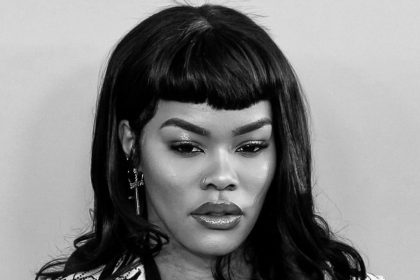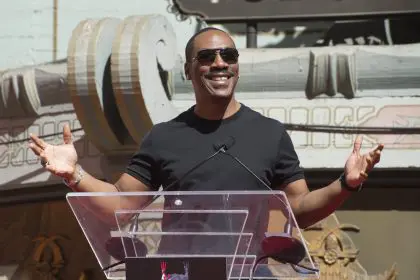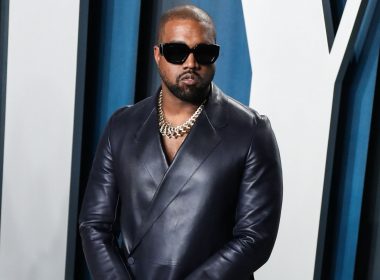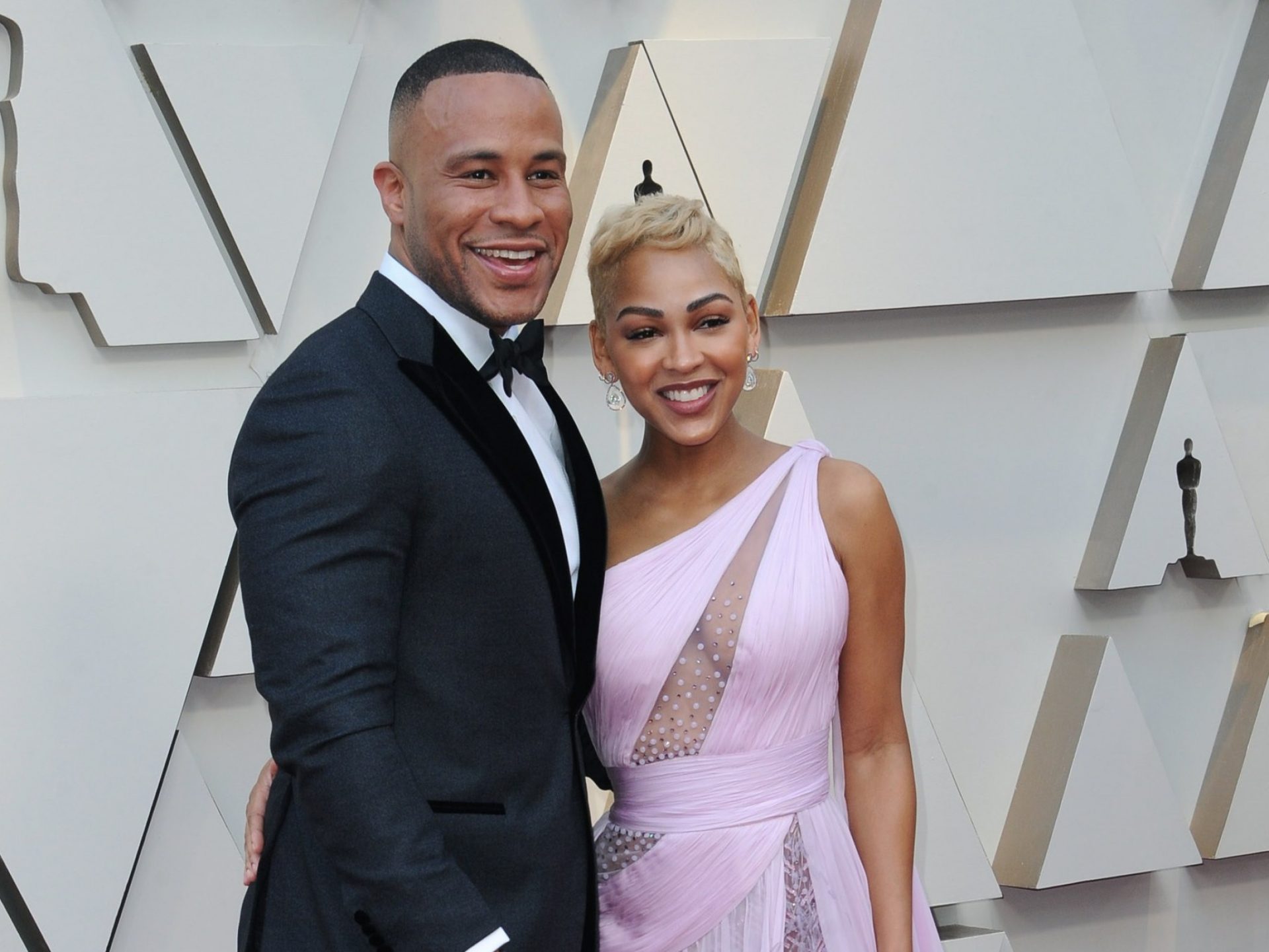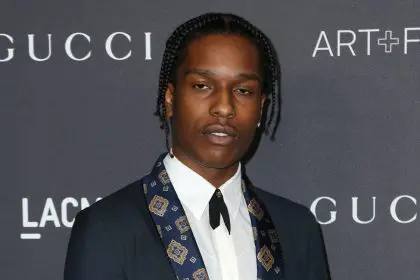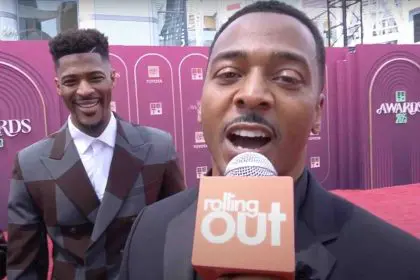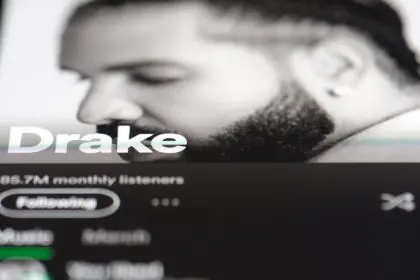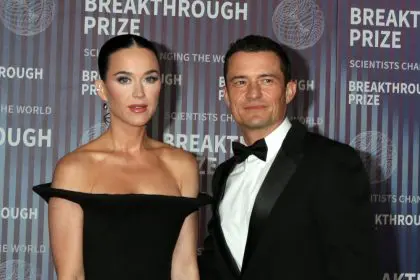
Rain Pryor’s unique experiences as both the daughter of a comedy legend and a child being brought up in a biracial family are the backbone of her one-woman show, Fried Chicken & Latkes. Pryor has earned raves for her performance at Harlem’s National Black Theater, and the show, which is a showcase of her worldview, her family and her life as a woman who grew up Black and Jewish. When your father is Richard Pryor, you learn fairly quickly not to duck hard conversations and you learn how to laugh at the pain that sometimes comes from both your loved ones and the outside world. Rain Pryor’s vision was to put together a piece that allowed her to express all of her complexities in one work — and it was also an opportunity for her to create work for herself.
“When I first created it, it was just about creating a job for myself, a niche to go ‘this is who I am,’ ” she explains. “I didn’t know what it would turn out to be. Then over the last 15 years, to watch it grow and mold and change and shift into this premiere production off Broadway — it’s turned into a real theater piece.
“Originally, it was more like doing a cabaret show,” she adds. “Now, it’s a real theater piece that combines all these different elements of who I am: theater, stand up, cabaret, music — but it’s a thread with an arc and proper storytelling and theatrics.”
Rain having a superstar father didn’t exactly lead to a wealth of acting opportunities for her over the years. She’s candid about the fact that, after her tenure on the popular ABC sitcom “Head of the Class” in the late ’80s, casting directors weren’t exactly beating her door down.
“I think as I got older, it was harder because I didn’t fit the mold of what was popular at the time,” she shares. “I didn’t look like Lisa Bonet, I didn’t look like Halle Berry. I looked like me. But ‘me’ wasn’t popular yet. Now, all of a sudden, my look — you see it all the time. It’s OK to be offbeat and different and still be considered beautiful instead of having to look like them to be beautiful.”
So Rain spent years writing and revising this project to be a platform for her to showcase who she is. But it’s also a lot more than just “Rain on Rain.”
“What the show is about growing up Black and Jewish and a mirror reflection on today’s society and what’s still going on racially and politically,” she explains. “If anything, it’s given me a platform to speak about the changes we need in the world. It’s so universal, it’s not just about me—that’s so boring. I don’t want this to just be about me!”
And Pryor found an ideal collaborator in Kamilah Forbes, who directs Fried Chicken & Latkes. Forbes has worked on Holler If Ya Hear Me and A Raisin In the Sun, and for Rain, she was the perfect person to help flesh out her initial vision for this project.
“She’s like a godsend, that woman, because of how she was able to find the nuances,” Pryor shares. “She was able to ask questions about a certain thread of a story and go ‘Hey, have you thought about saying that there?’ and ‘Why are you saying this here?’ She was able to get in there and the writer part of me was so stimulated.”
Richard Pryor still looms large in his daughter’s life. He died in 2008 after his well-documented battle with multiple sclerosis, and his loss is something that will always affect his daughter. But she wants the spirit of Richard Pryor to be recognized within her own work and she wants the legacy of Richard Pryor to be honored by her work.
“I don’t know if it’s necessarily about coming to grips with it as much as it’s my obligation to honor him,” she says when asked if creativity has helped her deal with any of the bad memories or the pain of losing Richard. The legend’s struggles were a major part of his persona, but Rain says she only wants to celebrate her dad. “We don’t disparage our elders, I don’t care what he’s been through in his life. No one is perfect. But what I really wanted to do was honor him in the proper way and give the audience the chance to honor him in the proper way.”
But even beyond her own personal life and how it informs her work, Pryor wants to help push the cultural resurgence that’s taking place amongst black people and in black art. The play is about her biracial upbringing, but it’s really about a black woman expressing herself through her own voice and in celebration of her own heritage. And Pryor wants more of that.
“I think how [my background] has really informed is we’re in a process in the world where as a people—as black people—we have to kind of find our identity,” she explains. “I say in the show, ‘we’ve gone from being niggers to negroes to black to African American to back to n—ers again because half of us don’t know who we are.’ So in how it’s informed me is that we still have a lot of work that we need to do. Part of that is when I raise my conscious level to recognize that we are part of the human race and that my greatness stands on the shoulders of those who have come before me. When we know our history that’s when we avail ourselves to our true power.
“I can understand how my European Jewish grandparents thought back in the day because that’s where they came from and that was their knowledge and what was in their bag,” she continues. “I know how my grandmother on my dad’s side thought. When you open yourself up to the history, you understand things a little bit better culturally and recognize the work that needs to be done. So that my child doesn’t have to carry that burden.”
But Rain Pryor is most excited about being able to present herself to the world as herself. She took the long road to get here and she’s relishing her moment.
“You know how they say ‘you’re walking in your destiny?’ I feel like I’m walking in it!” she says. “I’m owning all of it and it feels really empowering. The National Black Theatre gave me a platform to really empower myself.”

